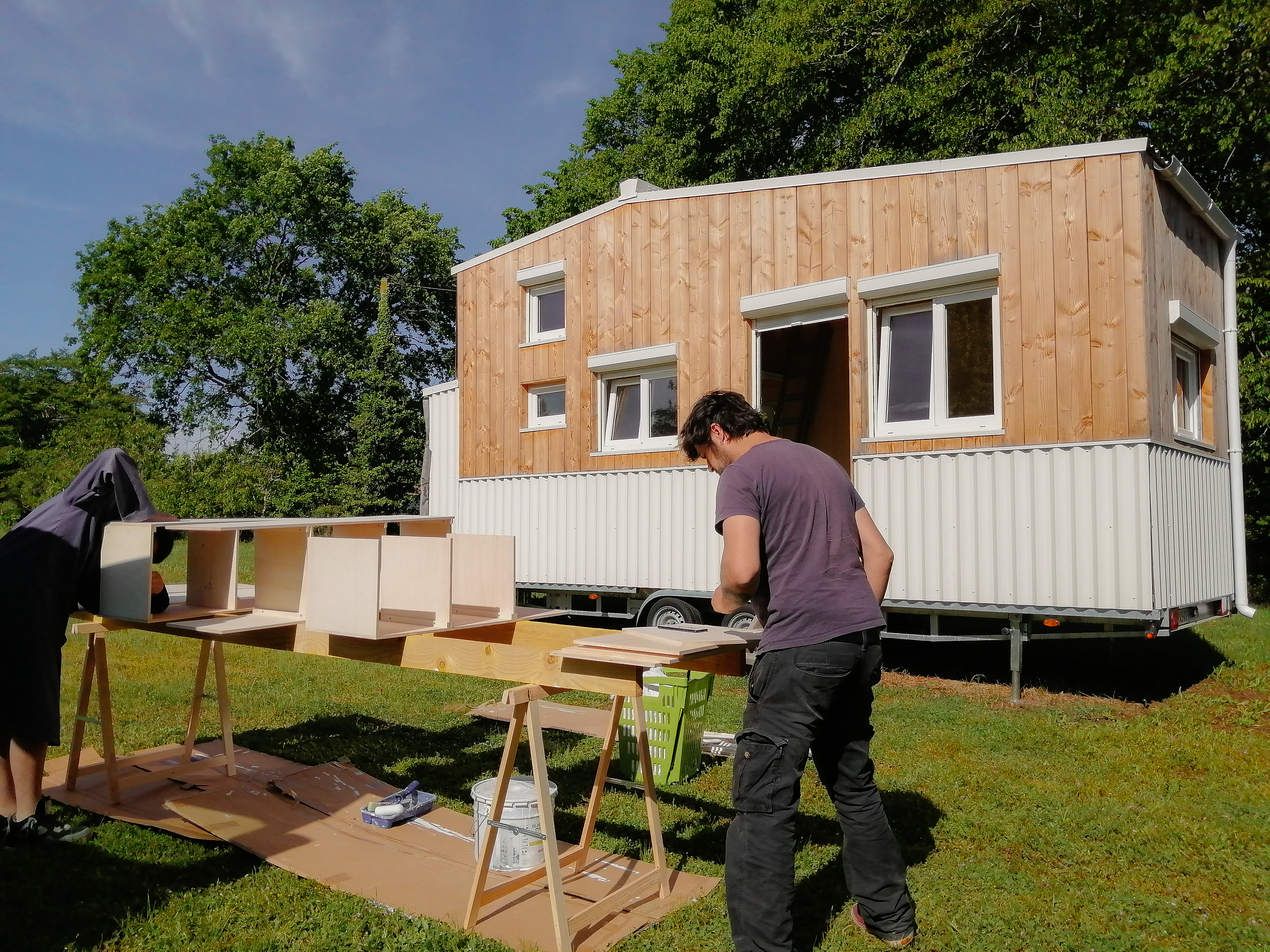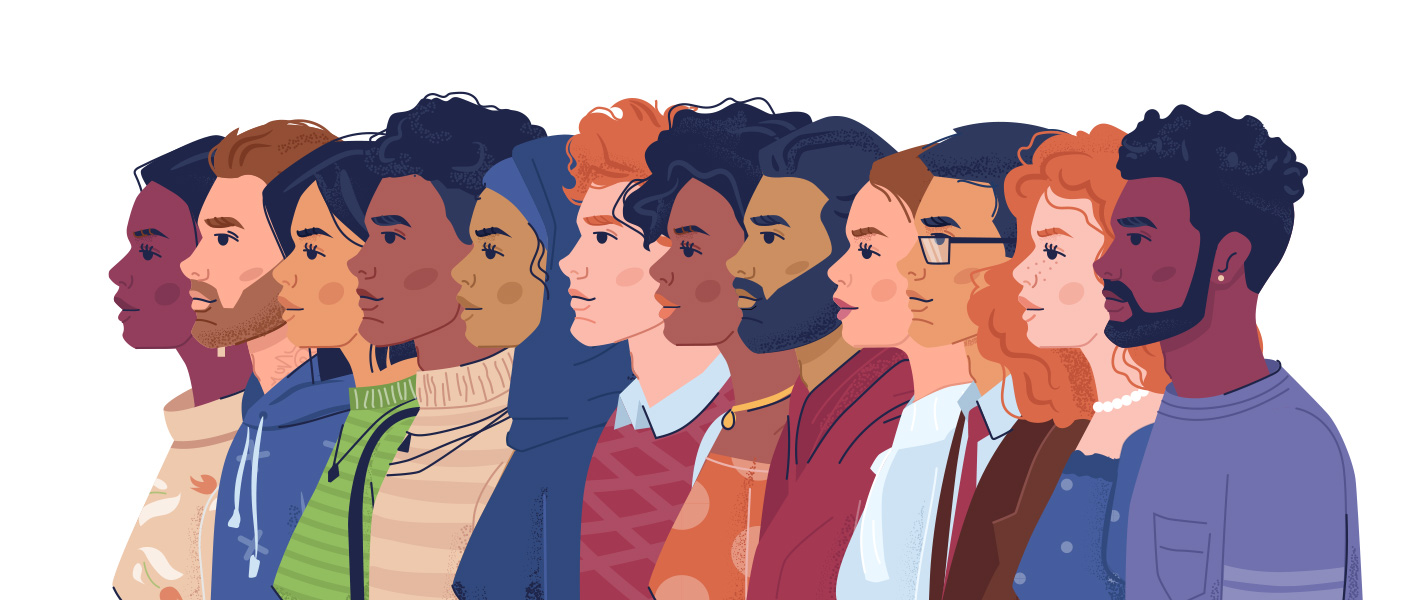Young Africans still lag behind in digital literacy
As we celebrate today International Literacy Day, the definition of being literate has changed over the centuries based on human, cultural, and technological evolution…
Technology is changing our world to such an extent that a significant number of the jobs we do today are changing and many will become obsolete at a time when we have been living in a pandemic and there are estimated upcoming ones due to the climate crisis. Indeed, digital literacy presents an outstanding opportunity to economically empower young Africans and alleviate poverty within the continent. Nevertheless, the digital transformation divide follows traditional patterns of North-South disparities when it comes to existing infrastructure, investment in innovation and regulatory environments.
In Africa, the poor infrastructure is a paramount factor why young Africans are lagging behind in digital literacy. The connectivity level in general is low compared to the rest of the world with rural areas being much less connected than the urban ones. Furthermore, in most African countries, only a slight percentage more than half of the households have access to electricity, which shifts often efforts of international development organizations to providing access to basic daily life facilities, while others – such as private sector companies - provide targeted digital access based on customized market-driven needs.
Another layer inhibiting advances in digital literacy in Africa is the level of investment in innovation. While the whole world spends an average of 2.6% of its Gross Domestic Product (GDP) on science, technological research and innovation, most African governments are not paying much heed to all of this where crony capitalism players are often trying their best to prevent any bright, young mind from rising and challenging them.
Furthermore, when it comes to the regulatory environment, government policies in Africa remain for the largest part outdated and unable to provide an enabling ecosystem for digital literacy and digital transformation. Education remains largely in-person and paper-based with lack of adequate technological equipment in public schools and the access to digital opportunities at e-markets is limited because of hindered access to international payment facilities. In North Africa for instance, e-commerce makes up only 8% of exports.
Way forward
With Africa’s population forecast estimated to double by 2050 to reach 2.5 billion, it will exponentially carry on to present a major attraction for foreign direct investment for its young human force. At the same time, the need for innovative and sustainable ways to support youth employment continues to grow. Of course, we can’t deny the efforts made by diverse international development programs to boost digital skills for young men, women and LGBT+ in Africa. We can’t deny either the setting foot of global investors such as Microsoft, Google and Twitter in Africa. Yet, much remains to be done to unleash young Africans’ digital creativity and empower them economically. For policymakers, they need to deregulate the digital environment, carry on building the necessary infrastructure to enable digital transformation and develop the necessary human capital and the capacity to innovate by integrating digital skills acquisition throughout education.
On a societal level, there should be a real paradigm shift, especially for parents on what success could look like for their children growing up. Generations Jones and X are still uncomfortable to a large extent with jobs that are intangible and operating in a digital space and many are “technophobic”. The lack of understanding of digital transformation makes them reluctant to orient their kids, especially girls into boosting their digital skills and pursuing a digital career. In this sense, awareness raising for them would be necessary.
With such great potential of the human force in Africa to become fully part of the fourth industrial revolution, young Africans have to become more digitally empowered and able to access jobs remotely and/or in a hybrid style.
The article represents the views of its writer and not that of LEED Initiative.

























































































